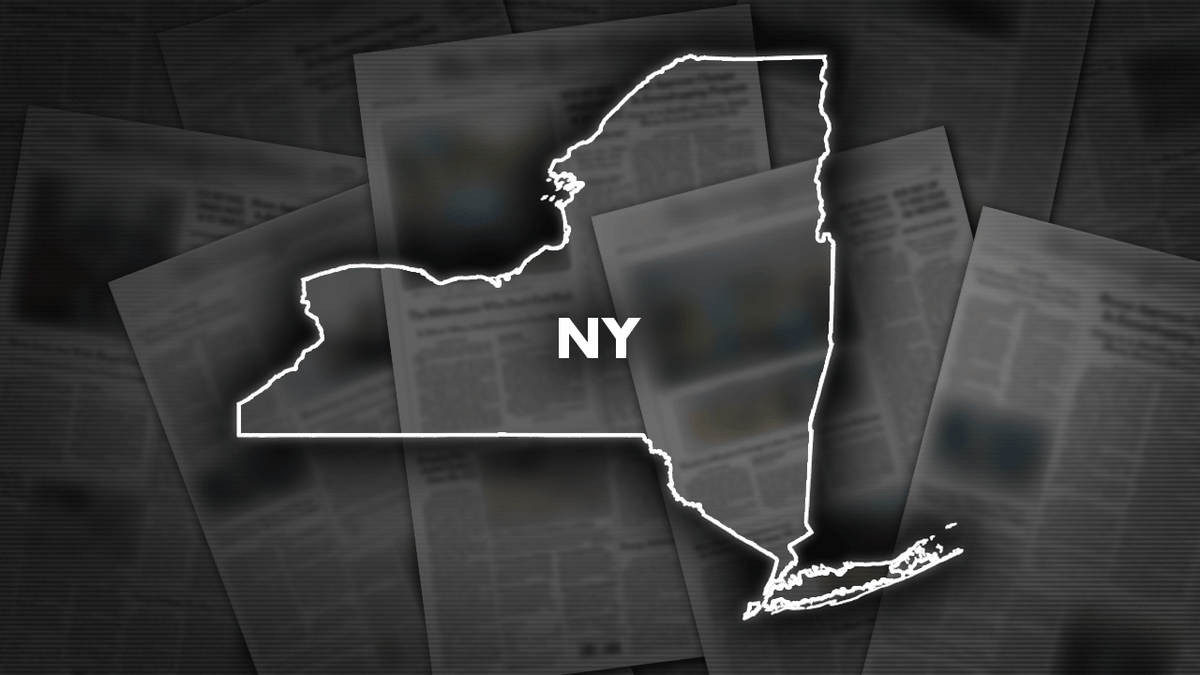Fox News Flash top headlines for October 20
Fox News Flash top headlines are here. Check out what's clicking on Foxnews.com.
FA federal judge on Thursday temporarily blocked the part of a New York state law that makes it a crime for people to carry guns in places of worship.
U.S. District Judge John Sinatra Jr. sided with two Buffalo-area clerics joined by two gun rights organizations who had sued and sought a temporary restraining order to stop the enforcement of the law while the case proceeds.
The two sides are scheduled to argue the matter in court on Nov. 3 as Sinatra weighs whether to go further and issue a preliminary injunction.
New York lawmakers rewrote the state’s gun laws last summer after the U.S. Supreme Court invalidated the state’s old system of granting permits to carry handguns outside the home. Among the provisions of the new law was a ban on guns in places of worship and other locations deemed "sensitive."
In his ruling, Sinatra held that the state didn't demonstrate that the restriction comported with the Supreme Court's ruling in June, and wrote that allowing people to carry guns in places of worship "would serve the public interest of fostering self-defense at places of worship across the state."

New York argued that states like Texas, Georgia, Missouri and Virginia have gun laws prohibiting firearms in places of worship, but U.S. District Judge John Sinatra Jr. classified those states as "outliers."
Without it, Sinatra wrote, "the law creates a vulnerable population of attendees at places of worship left to the whims of potential armed wrongdoers who are uninterested in following the law in any event."
The state had argued that there was historical precedent for bans on guns in houses of worship, citing laws in the late 19th-century in Texas, Georgia, Missouri and Virginia. But Sinatra dismissed them as "outliers" that didn't constitute a tradition of accepted prohibitions.
New York's law has faced other legal challenges. This month, a federal judge in Syracuse put a hold on several of the state’s new licensing rules for carrying handguns in public, including one that made applicants turn over information about their social media accounts.
CLICK HERE TO GET THE FOX NEWS APP
The state appealed, and about a week later a federal appeals court allowed New York to continue enforcing the new law as it considered the lower court's ruling.










































